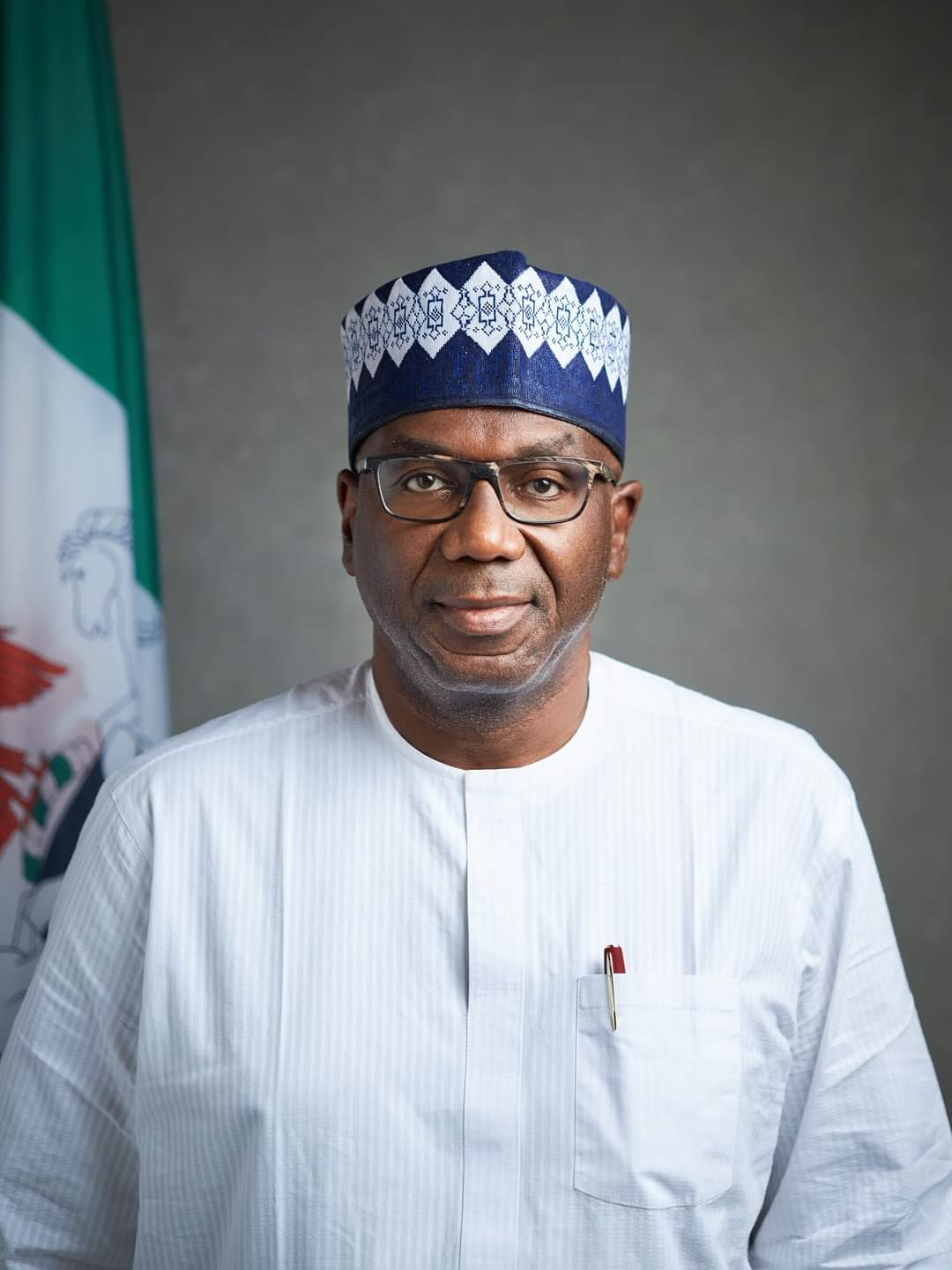In black law online dictionary the word marriage is as distinguished from the agreement to marry and from the act of becoming married, is the civil status of one man and one woman united in law for life, for the discharge to each other and the community of the duties legally incumbent on those whose
association is founded on the distinction of sex. The Free Dictionary defines marriage as the legal union of a man and woman as husband and wife. In some jurisdictions, between two persons of the same sex, usually entailing legal obligations of each person to the other. The legal concept of marriage has been expanded to include marriage between a man and a man and between a woman and a woman in some jurisdictions.
While in Islamic law (sharia), marriage (Nikah) is a legal and social contract between a man and a woman which significantly depends on the financial, emotional and spiritual readiness of both individuals. To this writer, marriage can be defined simply in a classical manner as the coming together of a mature man and woman to form a union backed by law with the purpose of bearing children, providing security for each other, sexual satisfaction and concern with general welfare of the member. But in this piece, discussion on same sex marriage will not be dwell on as no statute in Nigeria is yet to made for it consolidation. However there are three basic marriages recognized and allowed under Nigerian Law viz:
(I) Statutory-
Marriage.
(ii) Customary Marriage.
(iii) Islamic Marriage.
This classification will fetch the reader the scarce facts that Islamic law differs from Customary law as conceptualized by some scholars. However the argument on that has been cleared with evidences.
Firstly, Statutory Marriage is a type of marriage in accordance with the Marriage Act which is a federal legislation which makes provisions for the celebration of marriage in Nigeria. It is clear that the Act is designed only for the celebration of marriage between a man and a woman, and the marriage has to be a monogamous one. A monogamous marriage according to section 18 of the Interpretation Act is defined as follows:
A marriage which is recognized by the law of the place where it is contracted and is a voluntary union of one man and one woman to the exclusion of all others during the continuance of the marriage.
The consolidation of the parties under statutory marriage can only take place if some certain requirements are deemed to be met, this requirements include : Age, consent, subsisting marriage, kindle and affinity
i. Age
The Age limit is not specify under this Act. It only states that unless a party is a widow or widower, there is need to obtain the written consent of either the parents or guardians where such person is under the age of twenty one years. The section 49 of the Marriage Acts provides a penal consequence of breaching this condition, that “whoever shall marry or assist any person to marry a minor under the age of twenty one years, not being a widow or widower, shall be liable to imprisonment for two years.”
ii. Consent
Marriage under statutory requires parental or guardian consents of both the male and female parties but only in cases where either or both of the parties are under the age of twenty one years. The Marriage Act is silent in relation to the consent of parties themselves but the Matrimonial Causes Act (MCA), 1970 provides for the ‘real consent’ of the parties, that is, consent obtained without ‘duress or fraud’.
iii. Subsisting Marriage.
With the provision of section 33 (1) of the Marriage Act that “no marriage in Nigeria shall be valid where either of the parties thereto at the time of the celebration of such marriage is married by native law or custom to any other person other than the person with whom such marriage is had.” Suffices to say that the parties will lack the capacity to embark on a statutory marriage if either of them is already married under the Act to another person and the marriage has not been dissolved by any court of law. It is imperative to state that the parties can only be consolidated on if the Registrar is satisfied that there is no subsisting statutory or customary law marriage on the part of any of the parties wishing to marry under the Act. He shall not issue them with a certificate to marry under the Act.
iv. Kindred and Affinity
Persons intending to get married must ensure that there is no impediment of kindred or affinity between them. The list of prohibited degrees of consanguinity and affinity applies to statutory marriages and it is provided in Schedule 1 of the MCA. A Registrar will not issue a certificate to marry unless he is satisfied by reason of a sworn affidavit by the parties that there is no such impediment. A marriage between two persons who are within the prohibited degree of consanguinity or affinity is void. Under section 4 of the MCA, where persons are within the prohibited degrees of affinity and desire to marry, they may apply in writing to a Judge for permission to do so and if the Judge is satisfied that there are exceptional circumstances, the Judge may order permit to the parties to marry each other.
CUSTOMARY MARRIAGE.
TO BE CONTINUED…. SEE PART 2
Abdqowiyu Odewale Tope.
References.
Danladi K. M. Introduction To Nigerian Legal Method. A. B. U Press Ltd. Zaria (2008).
Obilade O. A. Nigerian Legal System.
Mandyem B. A. Types of Marriages under Nigeria Law







